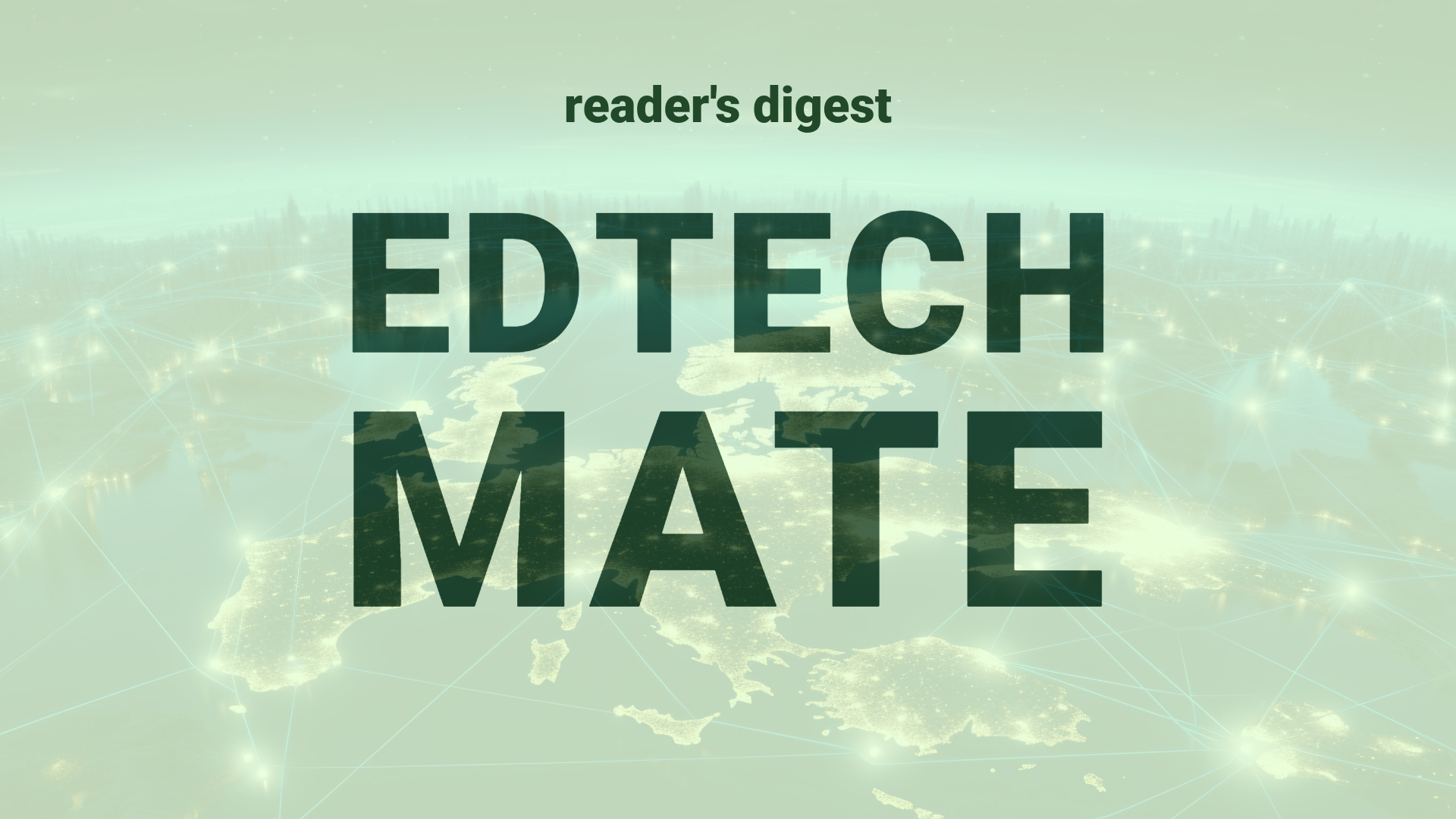Executive Summary and Main Points
In the realm of global higher education, recent insights reveal a counter-narrative to the traditional academic journey, emphasizing resilience, adaptability, and a re-evaluation of the PhD pathway. PhD graduates are debunking the myth of the ‘eureka moment’ and instead highlighting a persevering journey through uncertainty, with learning curves that shape a more realistic understanding of academia and research. The revelation that supervisors themselves navigate with a ‘make-it-up-as-you-go’ approach broadens the perspective on mentorship and academic guidance, placing emphasis on experience over absolute knowledge.
Potential Impact in the Education Sector
The insights shared touch upon the aspect of building resilience in academic pursuits which can significantly influence Further Education and Higher Education. The recognition that expertise develops through experience and incremental learning may encourage institutions to structure more realistic and supportive PhD programs. This could also stimulate the development of Micro-credentials, focusing on fostering research skills and resilience rather than just knowledge acquisition. These observations could pave the way for strategic partnerships prioritizing mentorship and supportive learning environments in the digital age.
Potential Applicability in the Education Sector
The applicability of these insights into higher education could manifest through innovative AI and digital tool integration aimed at aiding the PhD journey. For instance, utilizing AI to curate personalized learning pathways, providing predictive analytics to guide research and publications, and developing mentorship platforms that connect PhD candidates with experienced researchers across the globe. Implementing these tools can tailor the educational experience, making it more manageable and less isolated for PhD students.
Criticism and Potential Shortfalls
A critical analysis of these dynamics raises concern over the romanticized ideal of academic achievement versus the reality of research and education politics. Comparative international case studies may illustrate how different cultures handle these challenges, and what ethical implications arise when the ‘publish or perish’ mentality undermines true scientific exploration. Moreover, the risk of perpetuating an unhealthy addiction to high-stress environments and its mental health consequences must be addressed and ethically managed within the higher education framework.
Actionable Recommendations
For international education leadership, it is crucial to recognize and act upon these revelations. Recommendations include: fostering a mentorship culture that values transparency and realistic expectations, integrating mental health support services into PhD programs, diversifying research funding to allow freedom and creativity, and adopting digital tools that support collaborative, cross-cultural research. Additionally, creating professional development modules on navigating academic politics could prepare students for the non-academic aspects of their research careers.

